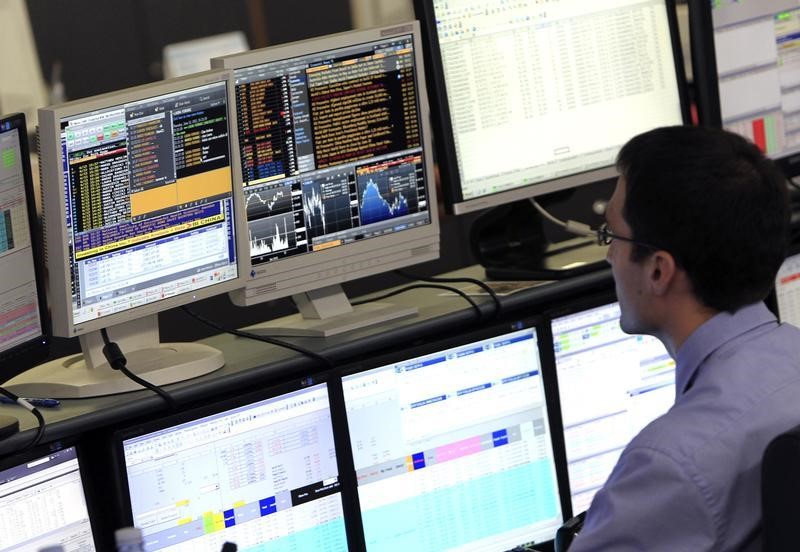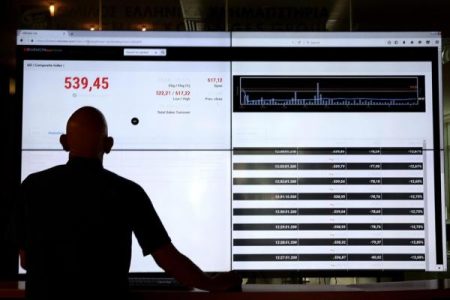© Reuters.
The global blockchain industry is poised for explosive growth, with projections indicating an increase from $11.02 billion in 2022 to a staggering $265.01 billion by 2028. This remarkable surge, estimated at a compound annual growth rate (CAGR) of 69.9%, is driven by widespread digitalization, government support, and extensive adoption across various sectors.
At the heart of this expansion are solutions that outpace services, with public blockchains leading the charge due to their transparency and wider applications. Large enterprises are the primary users of blockchain, leveraging the technology for a range of applications from financial transactions to smart contract automation. The Banking, Financial Services, and Insurance (BFSI) sector remains the most significant user of blockchain technology, although travel and other industries are also starting to reap its benefits.
North America currently dominates the global market, thanks in part to contributions from major technology firms like IBM (NYSE:) and Amazon (NASDAQ:). Meanwhile, the Asia-Pacific region is quickly ascending the ranks, with China’s commitment to technological advancement fueling its rapid ascent.
The blockchain market’s evolution is characterized by several key trends:
- Blockchain as a Service (BaaS) adoption is on the rise, simplifying the integration of blockchain technology for businesses.
- Non-fungible tokens (NFTs) are proliferating, creating new opportunities for digital asset ownership and exchange.
- Decentralized Finance (DeFi) continues to expand, reshaping financial services with blockchain-based solutions.
- Artificial Intelligence (AI) synergy is enhancing blockchain platforms’ capabilities.
- Exchange platforms are evolving alongside document integrity systems and administrative frameworks.
This growth trajectory underscores the increasing importance of blockchain technology in securing digital transactions and streamlining business processes across various industries worldwide. With its promise of enhanced security and efficiency, blockchain is not only transforming financial services but also setting new standards for transactional operations globally.
This article was generated with the support of AI and reviewed by an editor. For more information see our T&C.
Read the full article here














